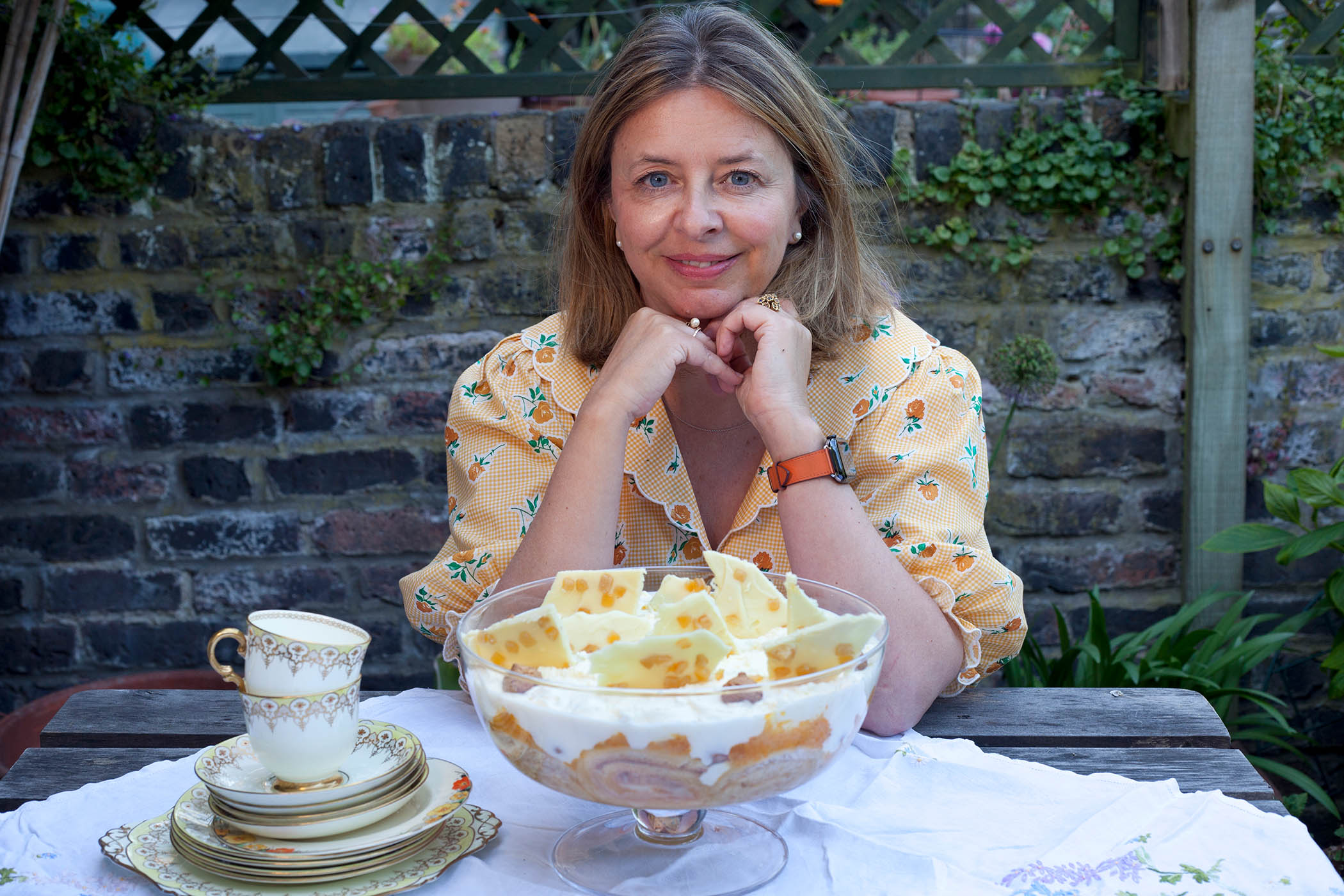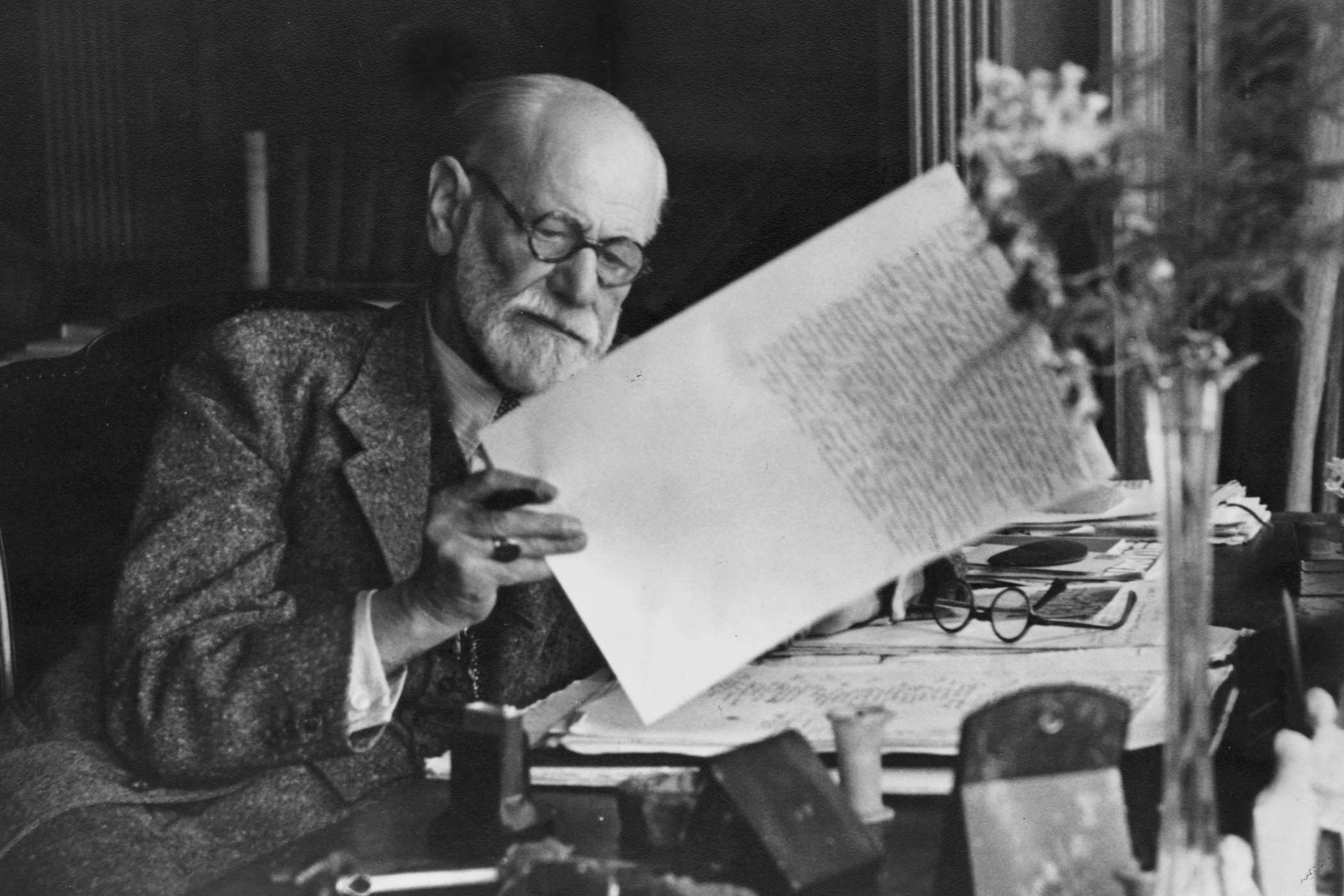My family were uncommonly interested in food. In the main, this was simply because we liked eating. But food was also a proxy language. We were northern and complicated, and not much given to the emotional incontinence so beloved of the 21st century. But we spoke multiple dialects. We could have neck of lamb stew with our granny Cooke at lunchtime and lasagne or a curry at home in the evening. But however much they enjoyed pasta and poppadoms, my parents also liked nothing more than the foods of their childhood.
This was especially true of my father. After Sunday lunch, he always used to keep the juices and the fat as dripping, storing it in the fridge in a little white ramekin. To watch him eat dripping on toast was to witness the kind of elaborate ritual that tourists pay good money to see on holiday in Japan. The moment when he broke the pale, almost glossy, top of the fat – the jelly loitered beneath, dark and bloody, and you needed to get a balance of both for the perfect spread – with the point of his special knife was exquisite: a delicate, darting, near-surgical movement that was conducted in a silence that was almost religious.
In the kitchen of her rambling Devonshire home, Sasha Swire, whose mischievously indiscreet political diaries are published this week, appears to be suffering from a bad case of the writerly equivalent of buyer’s remorse. Round and round the table she goes, as busy as one of her bees, pausing only occasionally to fling open the door of her Aga, into which she then carefully inserts her bum (I think the idea is to warm it up, but given that the weather is fine today, perhaps it’s more a matter of comfort). “Oh, please don’t put that in,” she yelps at one point, my having brought up a particularly choice entry from 2012, in which Michael Heseltine pretends, at a private dinner, that the queen has asked him to form a government. But it’s in your book, I say: all the world will be able to read it soon. She performs another frantic circuit of the room. “Oh, I beg you. Please don’t write about that.”
Her friends (and enemies) are about to find out just what she and her husband, Hugo, the former Conservative MP, think of them. Michael Gove will discover that they regard him as “ever so slightly bonkers”. Boris Johnson will learn that she believes he is “desperately lonely and unhappy on the inside”. David Cameron will have to make his lucrative speeches knowing that his audience is now fully acquainted with the fact that he’s the kind of guy who likes to talk penis size at parties.
When she and Hugo are invited to Chequers, Cameron and Hugo stay up “to admire Keira Knightley’s nipples when she comes out of the fountain in Atonement”. How to put this? Didn’t she ever… balk at this stuff? Bum in oven, she shakes her head. “I’m not going to knock men for being men,” she says. “They do say: he’s got a bigger one than me.”
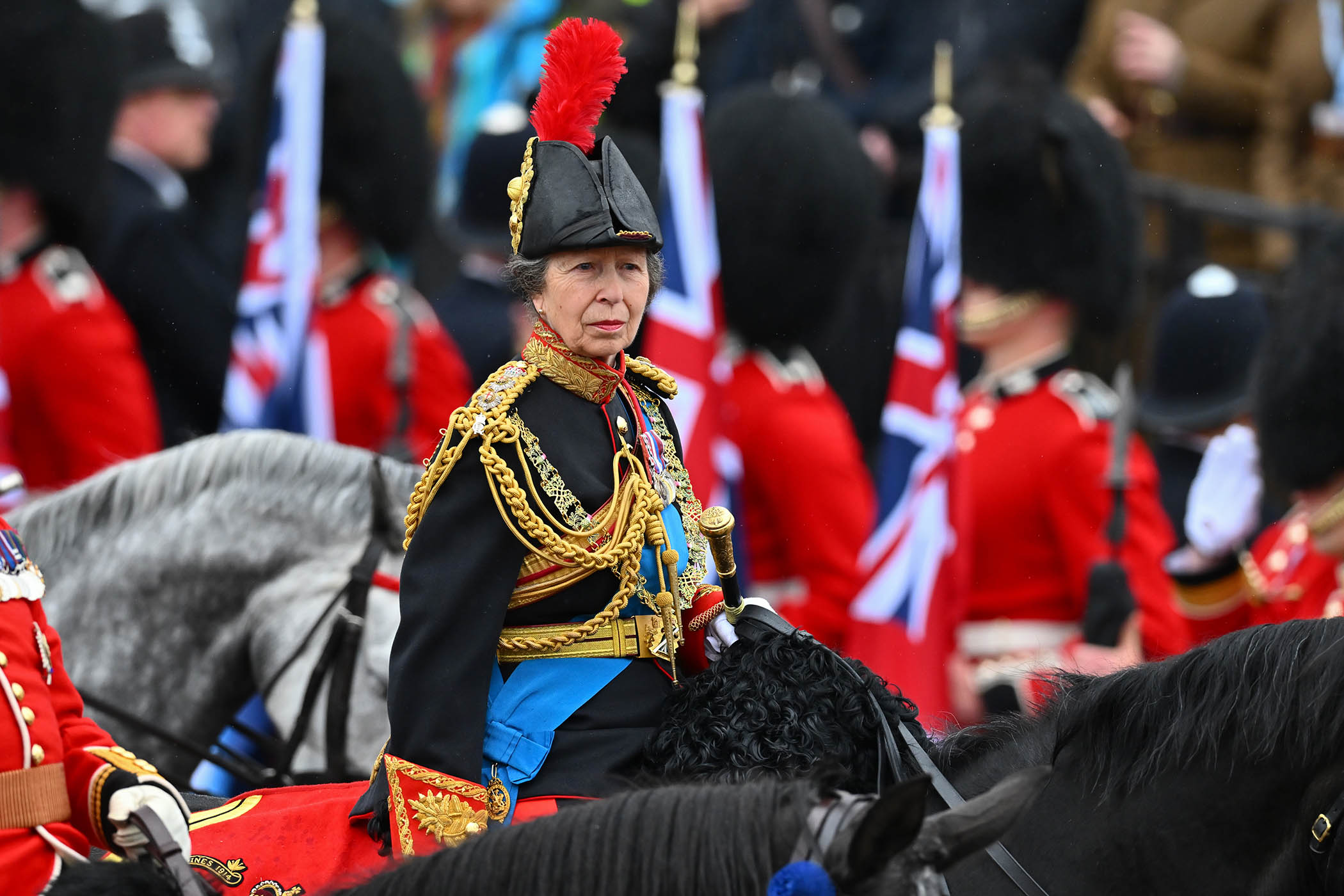
At the abbey, there was too much to take in. An embarrassment of colour and pomp and crazy jewellery. It was huge and hideous, exquisite and sacred, all at once. My dear, the outfits! Liz Truss bustled in, enclosed in orange pleats. Thérèse Coffey, the environment secretary, was wearing a union jack scarf that made her look just like one of the fans who’d slept overnight in a tent in the Mall.
Katy Perry had some kind of navigational malfunction induced by the pink satellite dish she had on her head. Joanna Lumley had come as a Norland nanny. Princess Anne, who bears the fantastical title “Gold Stick in Waiting”, was working her Nelson/Anne Lister vibe in a hat that will, in due course, almost certainly feature in the paperback edition of her nephew Harry’s book, Spare; he was a few rows back, as predicted, and behind her red feather throughout.
Newsletters
Choose the newsletters you want to receive
View more
For information about how The Observer protects your data, read our Privacy Policy
Some people will be reading this and thinking: why the fuss? They will point to alternatives such as Amazon, and the books on sale in supermarkets; like David Lammy, they will focus on (obsess about, in his case) “access”, and the internet; they will wonder why we can’t look to the future rather than the past. But that would be to make a gross error of judgment. What we lose now, we will never be able to get back. Thanks to legislation passed more than 150 years ago (the Public Libraries Act of 1850), there are about 3,000 libraries in Britain – a system of which we can be justly, straightforwardly, proud.
You can be practical about it (60% of library authorities, for instance, run homework clubs), or you can be emotional (there are few sights more lovely than a neat row of expectant spines – at least, not that I know of). But it might be best, given the nature of the imminent assault, to go for grandiose. In 1866 the social reformer George Dawson noted that “a great library contains the diary of the human race”. This is not a statement on which I am able to improve.
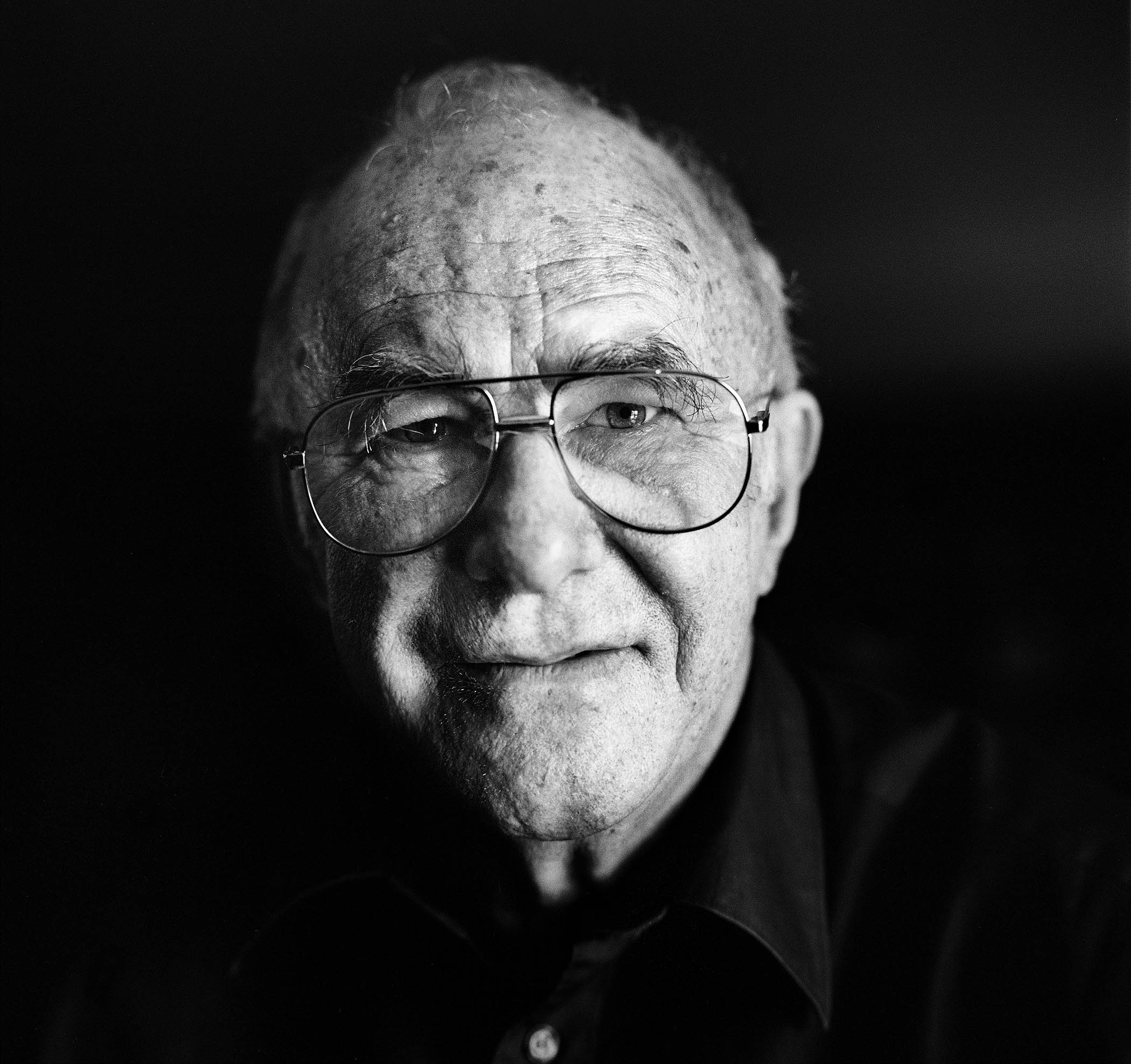
Journalists shouldn’t interview people they know, or even (I think) acquaintances with whom they’re friendly. But in September I broke this rule, and went to Cambridge to talk to Clive James about his latest book. The day before, I’d taken a call from his daughter, Claerwen James, the artist and my friend of more than 25 years. Clive was soon to publish a short book about Philip Larkin. He was pleased with it, and wanted to tell people about it. But he was also too ill, by this point, to see a stranger. Would I come? It would mean so much to him. I told her that I would.
He was – this has already been said – very, very clever and very, very funny; he had a way of making you see that something could be both ridiculous and magnificent, and ever since I first learned this from him, I’ve always borne it in mind. He had, too, a sybaritic side that I adored. He could squeeze such pleasure from things. I’ve never seen anyone drink a bottle of Jacob’s Creek with so much enjoyment as him; it might as well have been Château Lafite in his glass. I thought of him, always, as deeply generous.
He noticed you, and what you were up to. Whenever, in later years, he was trying to get me to come to one of his book launches – I didn’t need much persuading – he would send me such sweetly beseeching emails. His “dazzlement division” needed me, he would insist. A certain kind of flirtation, like a certain kind of teasing, is a form of kindness, and for all that I did not take these messages too seriously (he was like this with everyone), that was how I received them: as kindnesses.
What I loved most of all, though, was to see him make Claerwen laugh. It’s my strongly held belief that a man who can make his own daughter – who is almost bound to be, however loving, a sceptic so far as her male parent goes – collapse into laughter is basically doing all right.
Watching the not-very-funny comedy The Break-Up, I'm an Easter Island statue of ill-humour. Everyone else, however, is in stitches. The character played by Jennifer Aniston has a super-camp brother with mad, poppy eyes, and he is busy leading her and the rest of the family in an a cappella version of an old pop song; he’s just kicked off proceedings by making a raspy farting noise that is presumably supposed to sound like an electric guitar.
“Ha, ha,” goes the man behind me. “Hee, hee,” goes my friend Grace, who’s in the next seat. Me? “Come on, guys,” I’m thinking. “This is one of my favourites.”
The track in question is Owner of a Lonely Heart by Yes, which, in 1983, reached the very top of the American billboard chart. I know, it’s crap: overblown, lacking in substance. But I like it. Late at night, if I’m drunk and alone, this is the song that I put on while I shimmy round the kitchen and surreptitiously admire my reflection in the window. It lasts four minutes, but providing that I’ve had the right quantities of wine and coffee, I can happily play it three times on the trot.
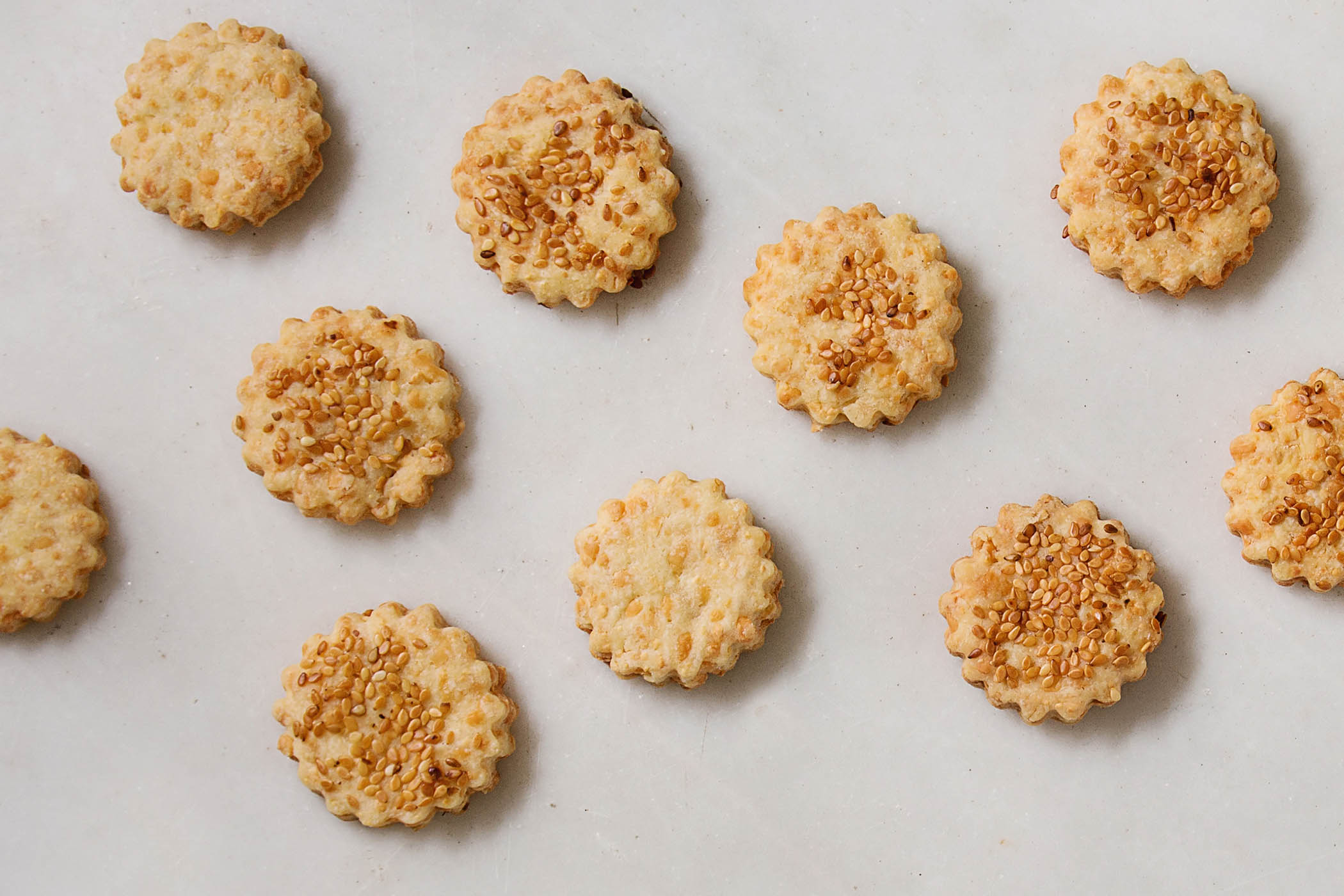
Recipe: Rachel’s cheese biscuits
I am a “Would you like seconds?” person. So as promised, I’ll leave you with my recipe for cheese biscuits. It came originally from the second of my stepmothers, a very good cook, and it has appeared in books by my friend Simon Hopkinson more than once (when this first happened, it was just about the proudest moment of my life).
Preheat the oven to 180C. Place 100g of cold unsalted butter, 100g plain flour and 100g grated cheese (half parmesan and half cheddar) in the food processor along with a pinch of salt and cayenne pepper plus half a heaped teaspoon of mustard powder. Pulse until a dough is formed. Wrap in clingfilm and chill in the fridge for 30 minutes.
Flour a surface and roll out until about 2mm think. Cut out and lay on a baking tray on baking parchment about 2cm apart. Brush each one with some beaten egg and dust with more grated parmesan. Bake in the oven for 12–15 minutes. Enjoy with a drink at 6pm precisely.
Photographs by Sophia Evans for The Observer, Dan Mullan/Getty Images, Karen Robinson for The Observer, Natasha Breen/Getty Images
